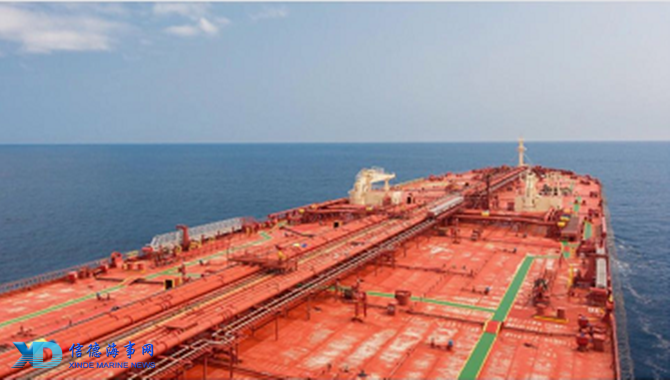
When it comes complying with the IMO’s 2020 0.5% low sulphur regulation scrubbers have not received much good press, but a mix of anlaysts,researchers and classification society officials at Posidonia all saw them as a good solution attracting serious interest especially forlarge vessels. Speaking at the Bimco Power Panel, Henriette Brent-Petersen, md and global head of shipping and offshore research at DVB Bank, said: “I think the market will be surprised how many investments we will see in scrubbers.
The fleet is relatively young so for young assets if you have difficulties in securing employment this is a competitive advantage.” She added “it’s also a competitive advantage when securing your financing.” This view was backed up by Stamatis Fradelos, manager operational & environmental performance – global marine for ABS, also said that for newbuildings fitted a scrubber had become “almost standard”.
Fradelos said that even for vessels that had been ordered without scrubbers owners were now looking at getting exhaust gas cleaning systems fitting or having them scrubber ready. James Leake, analyst at N.S. Lemos saw very strong reasons to fit scrubbers, to large vessels such VLCCs. “In very specific circumstances the decision to invest in a scrubber is quite clear. If you spending most of your time in the deepsea trades going past some of the major bunkering ports and you’re a large ship, depending on the fuel price spread, we’re looking at pay back times of maybe 8 – 12 months for something like a VLCC,” said Leake. However, he added: “I think it is a no brainer but the opportunity to take advantage of this is a very narrow one.” The opportunity is narrow due to the limit in number of scrubbers that can be fitted by 2020 – estimated at 2,000 to 2,500 systems – and that come 2021/22 the price spread between high sulphur and low sulphur fuel oil will start to narrow increasing the payback period.
Leake also warned that come 2025 the switch to electric vehicles (EV) will start to impact the demand for gasoline, which will be bad news for shipping. While charging infrastructure and range limits remain a concern for EVs the fact they are much cheaper to manufacture on a large scale than their petrol-powered cousins will see a shift in the market by the middle of the next decade, according to Leake.
Sources: Posidonia Events
Please Contact Us at:
admin@xindemarine.com


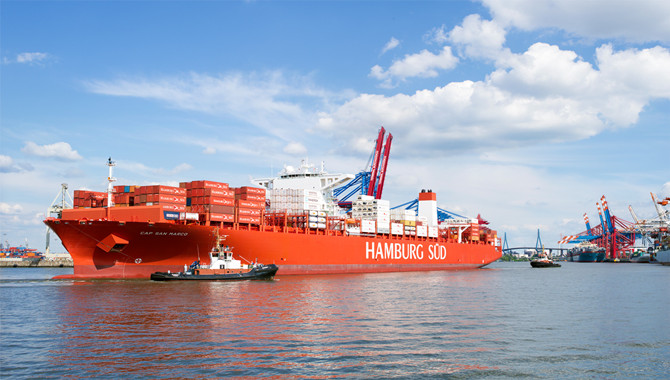 Maersk to integrate Hamburg Süd and Sealand
Maersk to integrate Hamburg Süd and Sealand 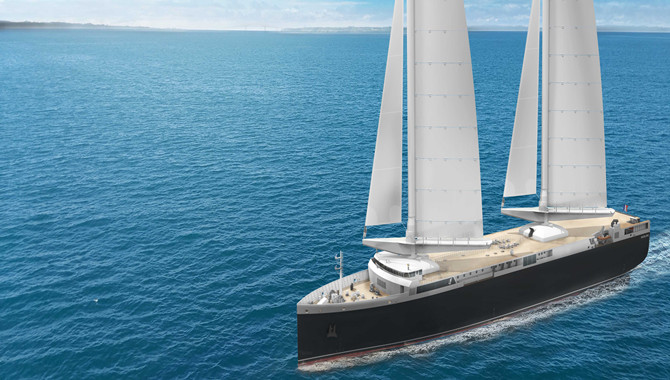 Launch of the construction of the first Ro-Ro saili
Launch of the construction of the first Ro-Ro saili 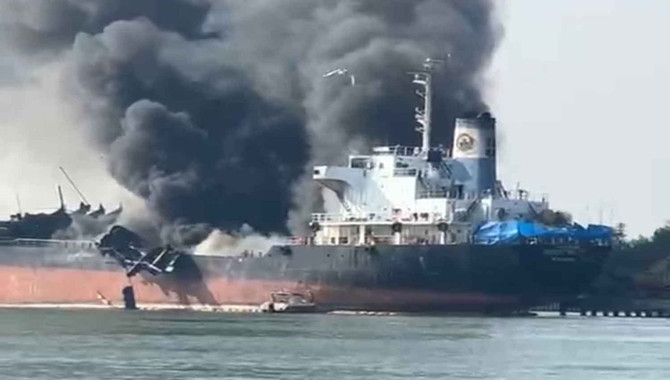 Oil tanker explosion kills at least 3 in central Th
Oil tanker explosion kills at least 3 in central Th 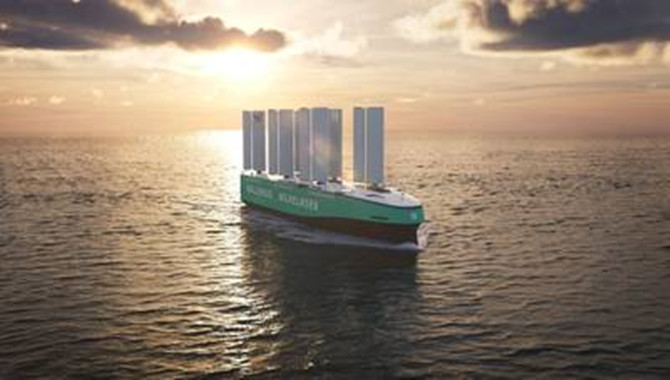 Wind-powered RoRo Vessel Secures €9 Million in EU
Wind-powered RoRo Vessel Secures €9 Million in EU 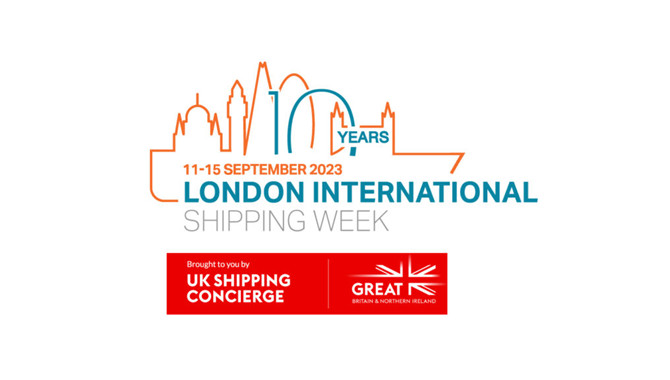 London plays a pivotal role as shipping seeks to re
London plays a pivotal role as shipping seeks to re  Shell unveils five energy sector trends to watch in
Shell unveils five energy sector trends to watch in